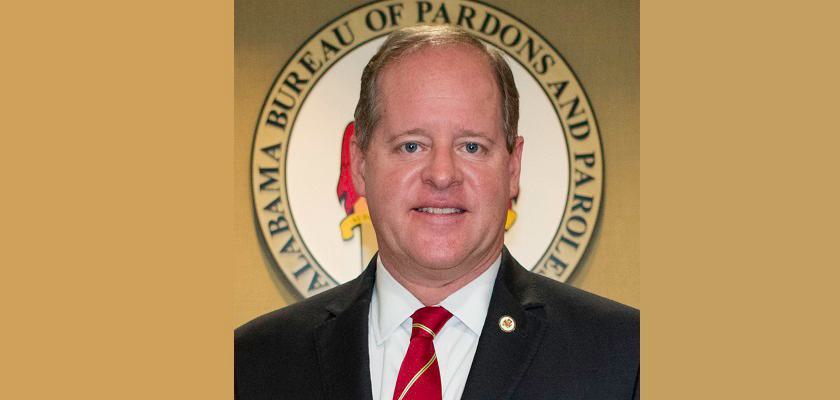Alabama has had its share of unfortunate occurrences with inmates out on unsupervised release from a Department of Corrections facility under questionable circumstances.
Bibb County deputy Brad Johnson died of a gunshot wound last month allegedly at the hands of repeat felon Austin Patrick Hall, who some questioned why he was allowed to walk free.
Another example includes Brian Lansing Martin, a man accused of killing Sheffield Police Department Sgt. Nick Risner in 2021. He had pleaded guilty in 2013 to the 2011 murder of his father and received a 10-year sentence. However, he was released from prison in 2016 after receiving credit for so-called "good time."
Cam Ward, the director of the Bureau of Pardons & Paroles, acknowledged there were some blatant lapses in protocol but said the legislature had offered his agency a tool to prevent some of these incidents in the future.
During an appearance on Friday's broadcast of Mobile radio FM Talk 106.5's "The Jeff Poor Show," Ward discussed a new electronic monitoring system the Bureau of Pardons & Paroles was putting into place that could be an effective tool.
"One thing they have done already, and I just left the meeting on this, and this is a very important part of it – the legislature did something I thought was very wise in that they designated my agency as well as put the resources with it to start a massive electronic monitoring for certain high-risk folks on parole," Ward said. "And Jeff, I think to that end because of what the legislature's vision on it was, I think starting next year, we can electronically monitor anywhere from 2,000 to 3,000 people a year starting next year because of the legislature's investment. And I think that will go a long way in helping someone who is on parole.
"You know, the problem you have is if you say we're just not going to parole anybody – when you get to their end of sentence, their EOS – that means they're out, and no one has any legal authority over them anymore. So, you want to have your thumb on them, but you want to do it in a way that's secure. Now, that means electronic monitoring is probably best when you're on parole."
Ward, formerly a state senator, said he anticipated his agency would be able to handle those numbers given the precision of the technology available.
"It's just financial resources," he added. "I really do feel like we are equipped. They gave us a little under $5 million once it's over with. But I think we are. The biggest thing I think people don't realize is the manpower we'll use in order to go get someone who violated [parole]. But I definitely do, and technology has changed so much. It makes it so much easier to electronically monitor someone and pinpoint exactly where they are at any given time."
To connect with the author of this story, or to comment, email jeff.poor@1819News.com.
Don't miss out! Subscribe to our newsletter and get our top stories every weekday morning.










